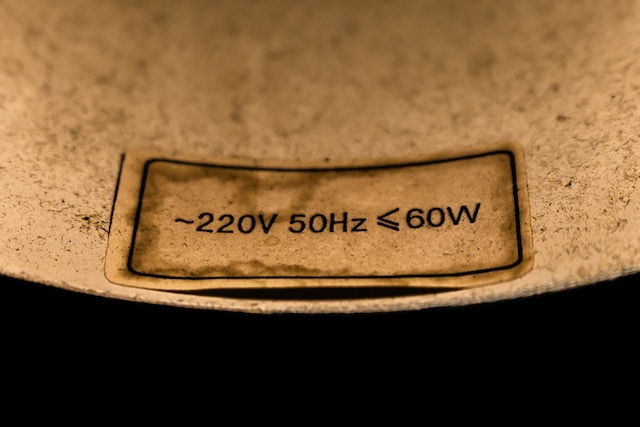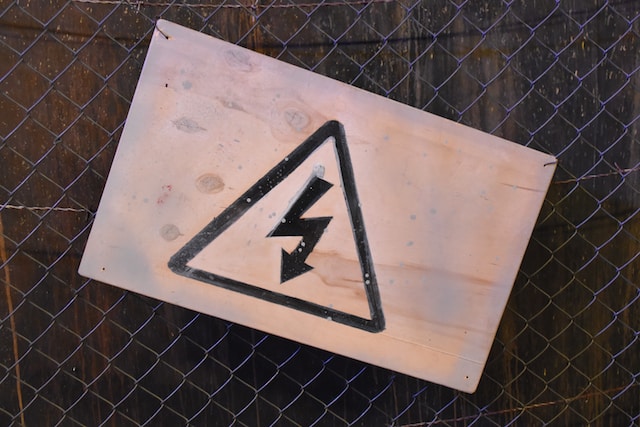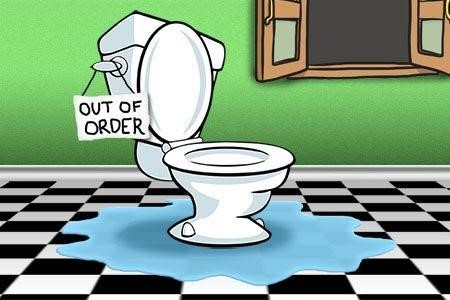Choosing the Right Inverter for Your Home: A Comprehensive Guide
Although Loadshedding ended a while ago, power cuts are still a major issue in Nepal. Now while these power cuts do not last long, it can still be a major problem if you work from home or have other important issues involving electricity. But what can you even do? Well, one of the best ways to circumvent the problem of power cuts is to be involved in the process of choosing the right inverter for your home.
But how can you do this? Well, we are here to provide you with a comprehensive guide in this process. So, without any further ado, let's get started!
Understand your power requirement.
One of the first things you should do before installing an inverter is understand your power requirements. For this, you can list out the power requirements of all your equipment. Then, you should calculate the total power requirements to determine the capacity of the inverter you need. If you need aid in this, you can contact experts at Inverter- UPS Repair & Installation service like a2z Marmat.
Consider Inverter Capacity (VA/Watt)

The second factor to consider is the inverter capacity. You should choose the inverter with a capacity that is slightly higher than the power requirement of your home.
Check your Inverter Battery Compatibility
Another major factor to consider is the battery compatibility of the inverter. The battery used in the inverter can affect the overall price and ease of installation and maintenance. Furthermore, different types of batteries have different usability. Some batteries are suited for high-load usage, while others are ideal for occasional usage.
Consider Inverter Efficiency

Before installing the inverter, you should also consider the efficiency of the inverters. Inverters with higher efficiency ratings ensure that less power is lost during the conversion process. That said, inverters with higher efficiency ratings can be a bit more expensive.
Consider Inverter Voltage Range
Another major factor to consider is the inverter voltage range. You should ensure that your inverter can operate within the voltage range of your location, especially if you are in Kathmandu, where there can be occasional voltage fluctuations.
Check Safety Features
Before choosing an inverter for your home, you should check for the safety features as well. Some of the safety features that you might want to consider include the following:
- Overload Protection
- Short Circuit Protection
- Over-Temperature Protection
Along with this, some inverters can also come with features such as automatic voltage regulation (AVR) as well. This feature is used to stabilize the output voltage.
Look for a Suitable Inverter Waveform
Another key aspect to consider before you choose the inverter is the inverter waveform. You should always choose the inverter waveform that is ideal for your usage. Pure sine wave inverters are ideal for sensitive inverters. At the same time, modified sine wave inverters are suitable for basic appliances.
Load Type
Along with the suitable waveform of the inverter, you should also consider its load type as well. Different inverters are designed for different wave types. Some inverters are better suited for resistive loads such as lights and heaters. At the same time, other inverters are designed for inductive loads. This includes electric loads such as motors and compressors. Therefore, ensure that the inverter you choose is compatible and ideal with the types of load you need to connect.
Charging Needs
Charging is an integral part of an inverter. Therefore, you should choose an inverter that has the ideal type of charging. Some inverters support grid charging, and other inverters have solar charging capacity. Furthermore, some inverters also have multiple charging options and provide you with flexibility and energy independence.
Research Brand Reputation and Review

Before you choose an inverter from your home, you should also choose a reputable brand. Choosing an inverter from a reputable brand ensures that you get reliable products. Furthermore, choosing an inverter from a company with a reputation also ensures that you get the best quality products. You can also check user reviews to understand the experiences of other users with a specific model of inverter.
Set Budget
Before you choose the inverter for your home and organization, you should also consider your budget. You should always choose an inverter that fits your budget. While it is always a good idea to get the best inverters for your home, choosing an inverter that exceeds is not a good idea. The ideal situation is to find the best inverter within your budget range.
Consider Ease of Installation and Maintenance
Before you choose an inverter, you should note that inverters can get damaged and can be a bit hard to install. Therefore, you should always choose an inverter that is easy to install and maintain. That said, some inverters require professional installation and maintenance services. On the other hand, other inverters are more user-friendly.
Therefore, choosing an inverter that meets your installation and maintenance needs is crucial.
Conclusion
All in all, choosing the ideal inverter can be a bit tough. Therefore, there are a few things you should consider before choosing the ideal inverters for your home. Here, we discussed some of the factors you need to consider before choosing the right inverter for your home.
We hope you found this helpful. If you want further insights into various aspects of home renovation, you can check out some of our other blogs. Thank you for reading till the end.
FAQs for Choosing the Right Inverter for Your Home
Q: What size of inverter do I need for my home?
A: The size of the inverter depends on your total power requirements. Calculate the wattage of all the appliances you want to run simultaneously and choose an inverter with a capacity slightly higher than that total.
Q: What type of batteries should I use with the inverter?
A: The choice of batteries depends on factors such as budget, maintenance preferences, and usage patterns. Common options include lead-acid, tubular, gel, and lithium-ion batteries.


